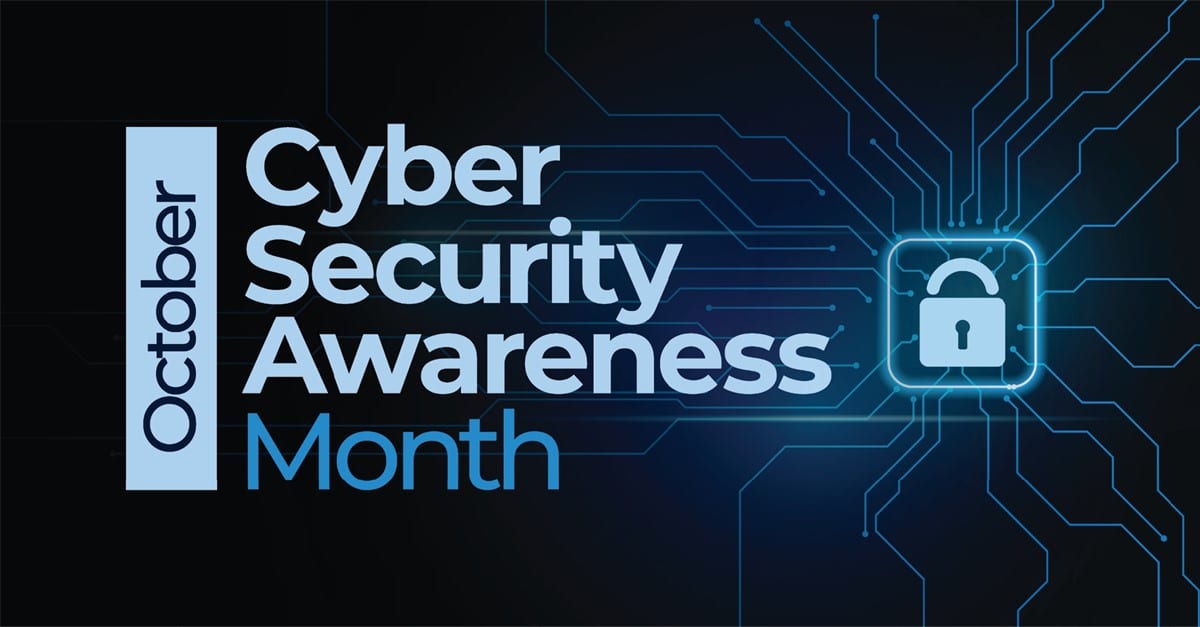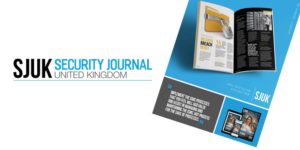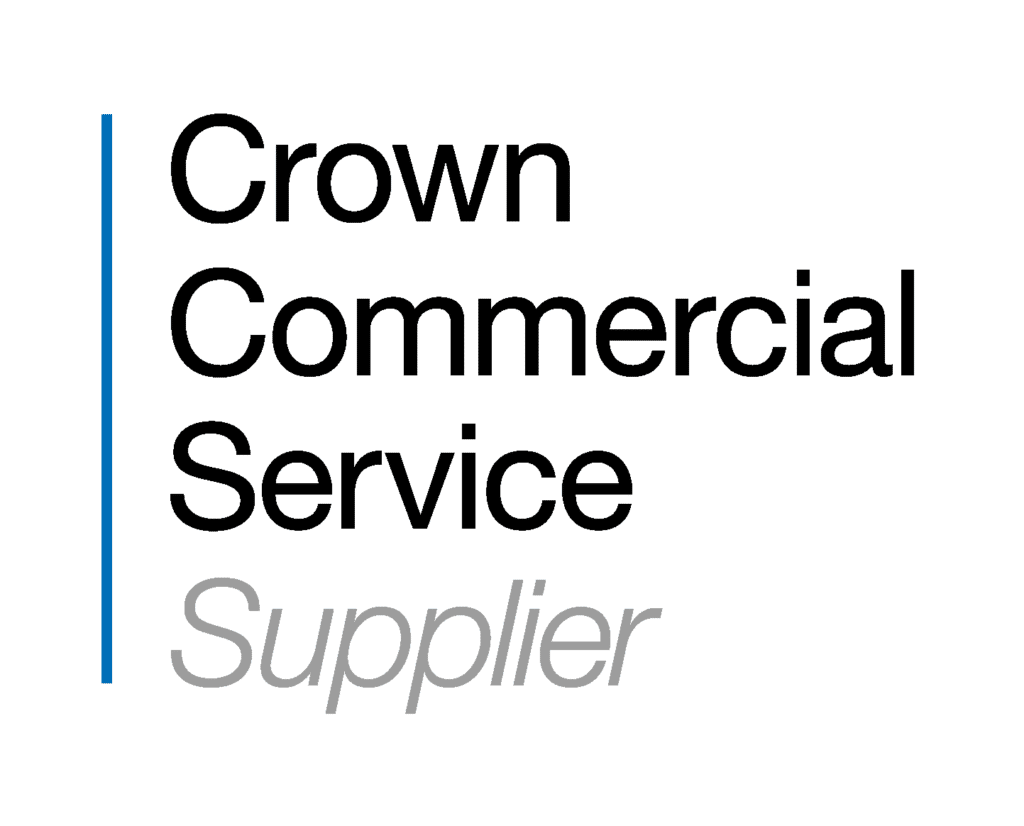October is National Cyber Security Awareness Month, providing businesses with a timely reminder to review their security policies and ensure they keep up to date with the latest cyber-security threats. As the reliance on technology increases, it is crucial that firms implement cybersecurity measures that protect business data from unauthorised access, manipulation, and theft. A crucial measure is Multi-Factor Authentication (MFA). Here, we take a look at why enforcing MFA is vital for businesses.
MFA is an authentication method that grants access to a system only after providing two or more forms of authentication. These authentication factors can be classified into three categories:
- ‘Known’ such as a password
- ‘Physical’ like a key fob
- ‘Who you are’ such as a biometric
The benefits of MFA
By enforcing MFA, businesses can add an additional layer of security to their login process, making it tougher for cybercriminals to impersonate a user and gain unauthorised access to sensitive business data. One critical reason to enforce MFA is to help prevent password hacking. Despite warnings to avoid weak passwords, most users still use simple passwords or reuse passwords across multiple sites. Hackers capitalise on this, using password breaches and social engineering tactics to gain access to login credentials. With MFA, even if hackers obtain the password, they will need to provide another authentication factor to access the account.
Enforcing MFA helps prevent data breaches that arise from lost or stolen devices. While password protection on a device can be helpful, a lost or stolen device can quickly become a data breach risk. With MFA, even if a device is lost or stolen, the thief will need to provide another authentication factor to access the sensitive data.
According to IBM’s 2022 Cost of a Data Breach report, the global average cost of a data breach in 2023 was $4.45 million this is a 15% increase over the last 3 years. Enforcing MFA can contribute to reducing the risk of data breaches, potentially saving costs, and bolstering customer trust by enhancing the security of their data.
MFA can help businesses comply with security regulations such as GDPR. These regulations require businesses to use appropriate security measures to protect sensitive data. Enforcing MFA is a step in the right direction, showing regulators that businesses prioritise data privacy and security.
Protect your business – be cybersecurity aware
Using the backdrop of cybersecurity awareness month to highlight to employees the importance of MFA will go a long way to protect a business from future challenges.
By incorporating an additional layer of security into the login process, MFA serves as a valuable tool in mitigating various security risks. It aids in reducing the susceptibility to password hacking, safeguarding against data breaches resulting from lost or stolen devices, minimising the financial repercussions associated with data breaches, and facilitating adherence to security regulations. The implementation of MFA not only bolsters an organisation’s defence against potential threats but also fosters trust with customers by demonstrating a commitment to safeguarding sensitive data.
Remember that while MFA significantly improves security, it’s not immune to all threats. A layered security approach that combines various authentication factors with continuous monitoring and adaptive security measures is essential for robust protection against evolving cyber threats.
In our upcoming blogs this month, we’ll delve into additional strategies for safeguarding your data against cyber threats and breaches.
Information Security Management Consulting Services
At Inavate Consulting, we take a holistic approach to reviewing your ISMS which enables us to advise on remediation strategies that are aligned with your company values. We’re then able to develop an effective employee training program to ensure your company is protected and remains compliant with the requirements of ISO 27001 certification.







